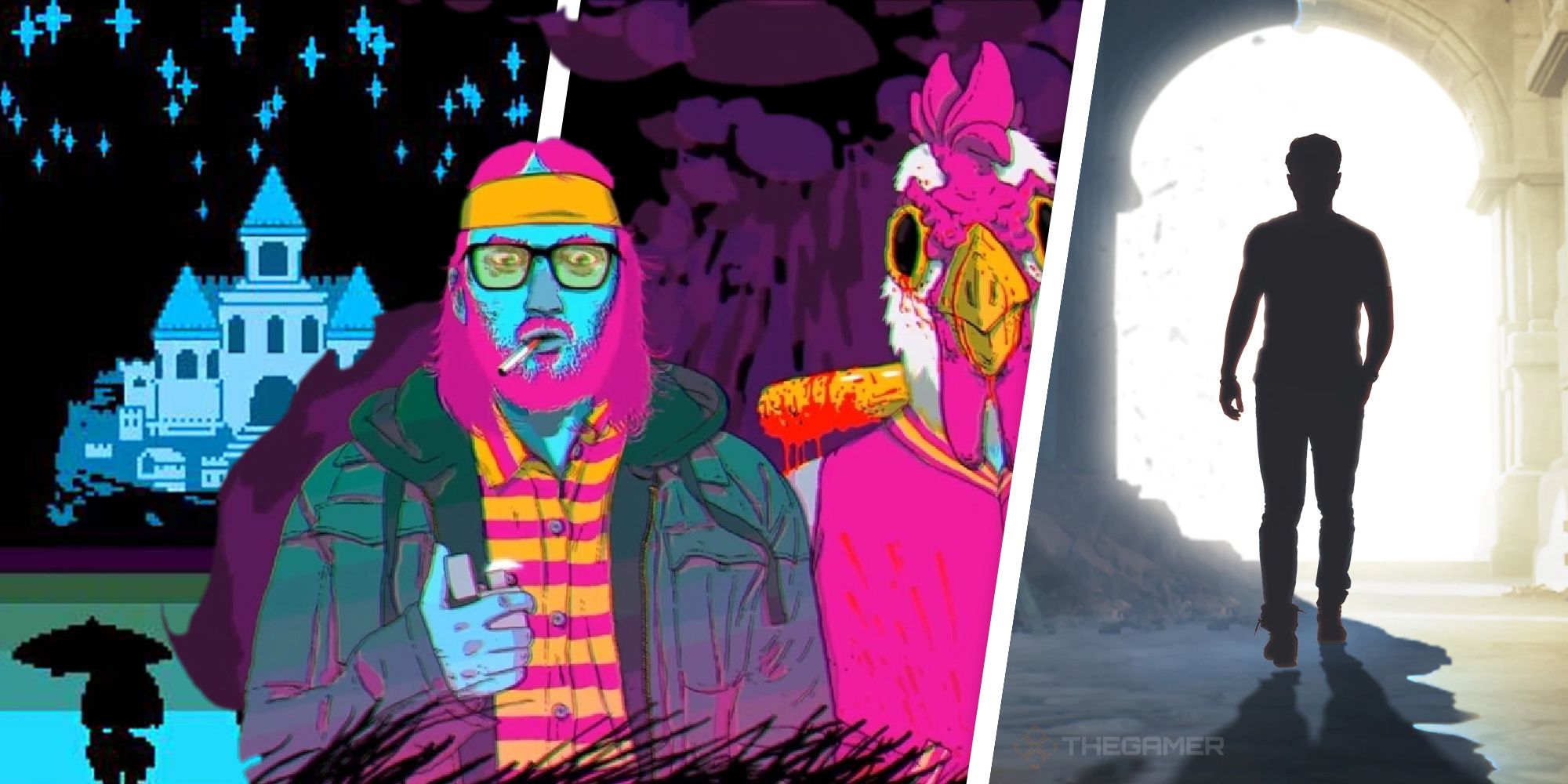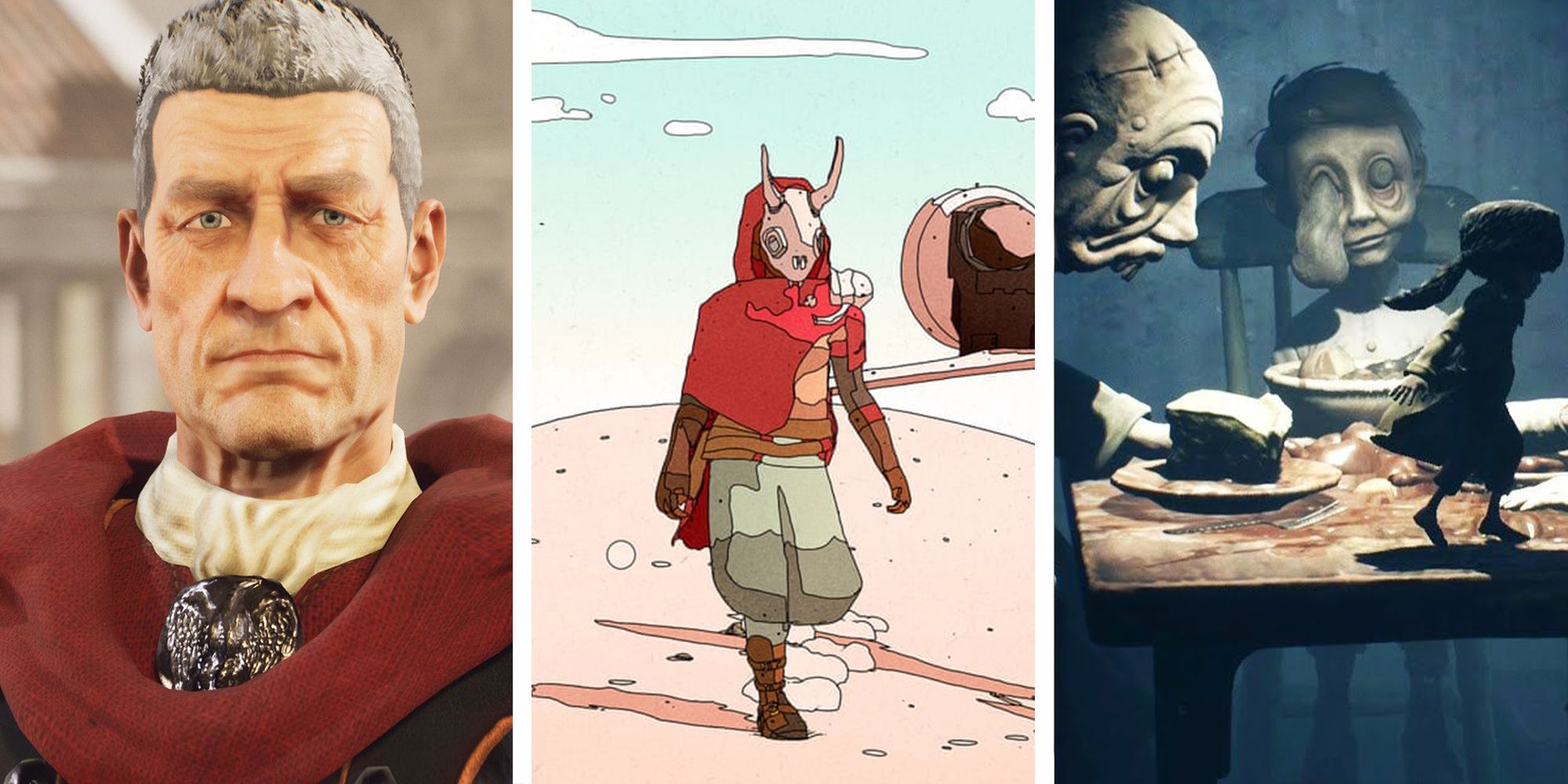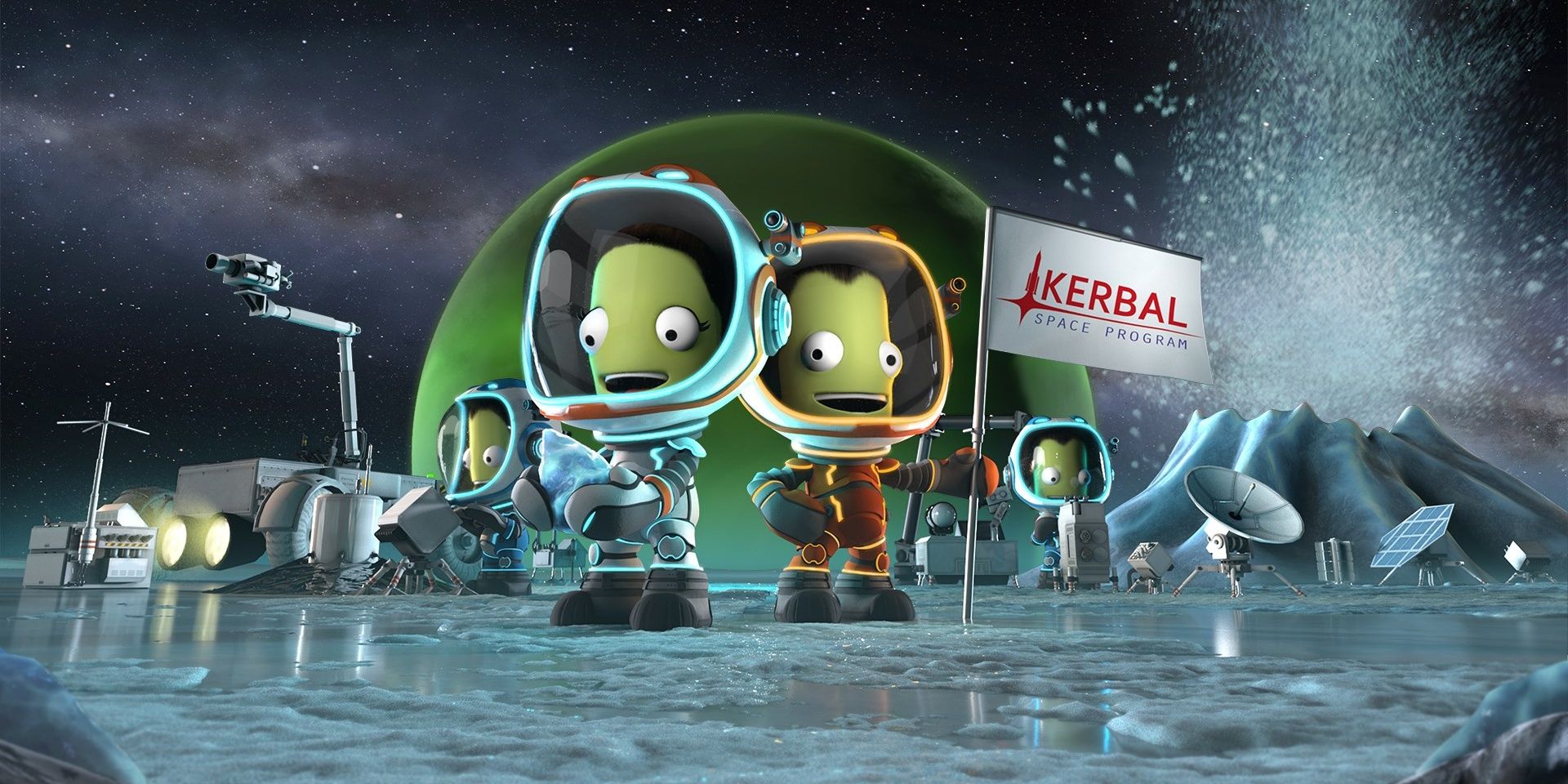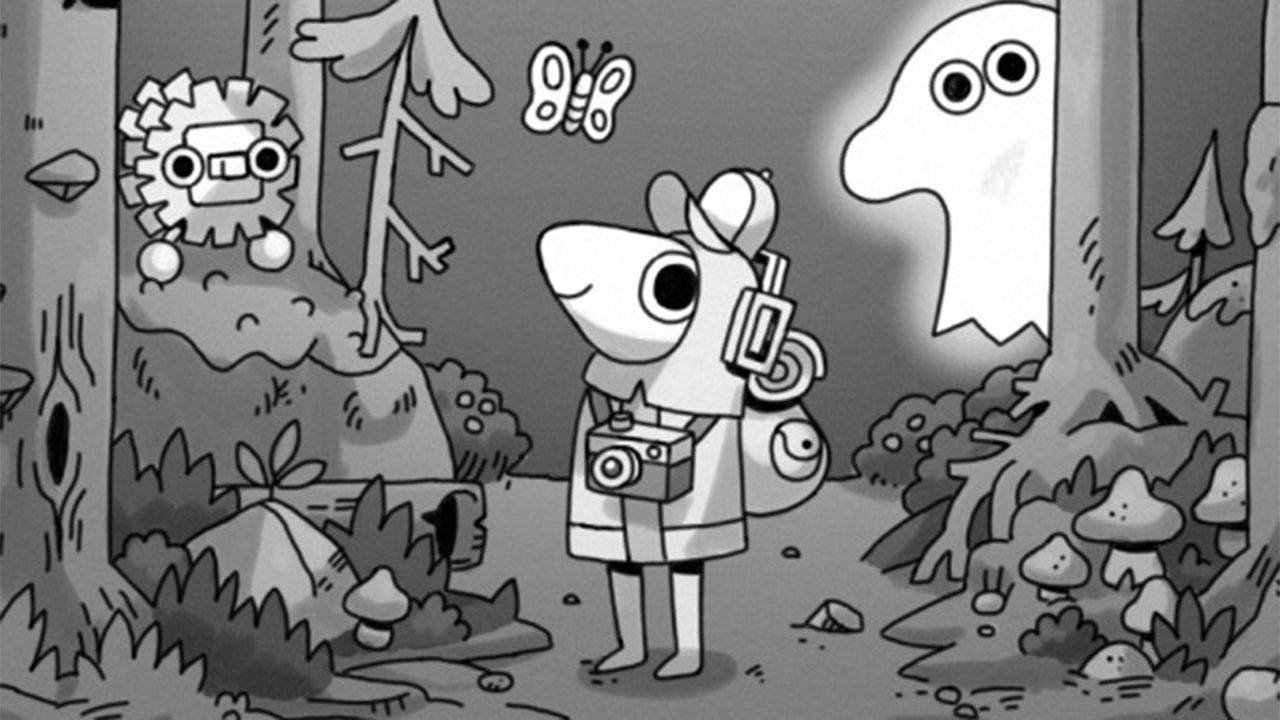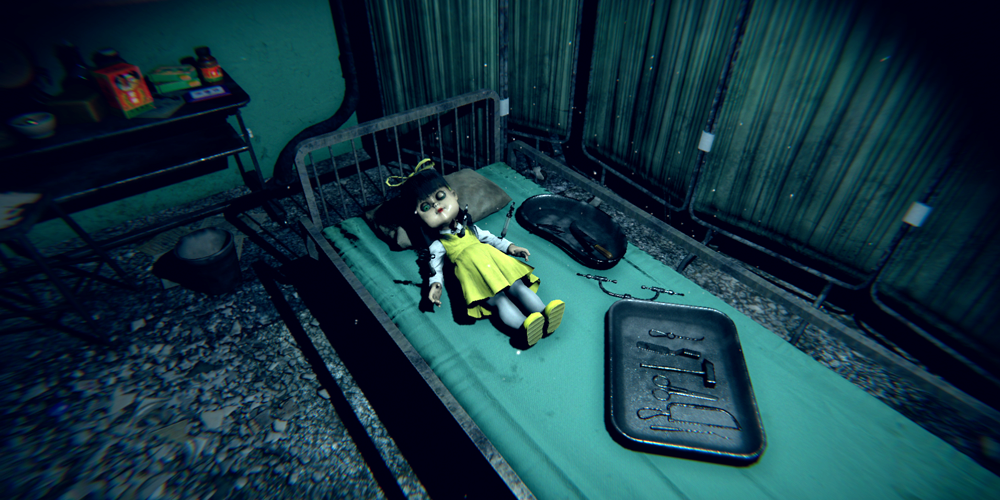There has been some chatter, once again, about the staggering amount of indie games being hosted on Steam. In particular, it’s about the vast amount of indie games being produced in the industry—that it’s way too plentiful for anyone to play, and that among many of these are low-quality filler that only a very, very small handful of people will play. Some people, like Jeff Vogel, the founder of games studio Spiderweb Software, had even suggested that “any system can only tolerate so much waste”, implying that a platform drowning in low-quality cash grabs is particularly troubling for the storefront—perhaps even the industry at large (Vogel has not replied to my email to clarify his tweets, but he has since published a follow-up article).
It’s an odd statement that, at least in the games industry, has no precedence; digital storefronts like itch.io, which has a much more liberal policy on publishing games than Steam, has yet to collapse in itself from hosting too many games. That said, the very notion that the constant oversaturation of indie games in the market can be a potential crisis is a sobering thought, even if it’s not new. Musician, writer, and game designer Liz Ryerson has previously written about this “indiepocalypse panic” in 2018, but the same sentiment about the industry being inundated by too many knock-offs has nonetheless persisted. The issue, however, isn’t that there are too many games; what plagues indie developers are concerns around discoverability and curation. Steam has published 11,773 games in 2021 which, as reiterated by Vogel in his article, means that Steam has published an average of 30 games daily. And that’s just one platform that has largely embraced minimal curation when it comes to overseeing the deluge of games released on its store.
“[The indie games scene] is, without doubt, an extremely competitive landscape—and cutting through the noise and getting noticed can be daunting, especially for indie developers with limited experience and bandwidth to take their game to market,” says Chiara Woolford, head of client marketing at Game If You Are, an agency that specialises in indie games marketing. “It’s an exciting time for fans of indie games, there’s so much variety and the quality is getting higher and higher. But this makes it a hyper-competitive time for indies. The challenge is creating an effective strategy to reach and attract the right audience.”
Following this geyser of creativity among indie developers comes the seemingly overwhelming amount of choices for gamers—one that Gwen Guo, the co-founder of sound design studio Imba Interactive, and chairperson of the Singapore Games Association (SGGA), suggests as the reason behind the sentiment that there are too many indie games. “Other general reasons on why people think there are ‘too many indie games’ is choice paralysis; they are maybe referring to the sheer amount of games they have to wade through before finding a game that finally they can enjoy or relate to,” says Guo. “I can imagine a gamer saying that in exasperation.”
This rise in indie games can be attributed to the increasing accessibility of making games, even for developers who aren’t too familiar with coding. Even as being a full-time games developer remains a difficult and expensive endeavour, game engines such as Twine, Bitsy, Godot, and Gamemaker Studio are some of the more popular options among burgeoning and experienced developers. But this accessibility isn’t a problem that underlies the games ecosystem; having more games isn’t inherently harmful to the medium, nor are games that don’t get played by more than five people any less deserving of being created. If anything, more indie games should be created, and this is a sentiment that indie developer Nikhil Murthy agrees with.
“A world in which more people are making games is a better world in itself. I think that all people should have the ability to create as much art as they want,” shares Murthy. Even though he suggests that more meaningful indies need to be made—that indie developers should be creating games that are distinctive enough to compete on a markedly different axis than the often rigid formula of triple-A games—this approach means looking into having even more indie games to be made, rather than less. Experimentation, and a healthy dose of trial and error, will be necessary. “This requires lots of people trying to build something that means something and for that to be reality, meaningfulness cannot be a prerequisite. If someone just wants to make games, let them.”
Another point to the argument of too many indie games is also how they are tied to a specific, but intangible definition of value: that a game that does not get played much, or does not turn a profit for the developer, is somehow of much lesser value than games that do. It’s a perspective that’s directed by the whims of market forces, rather than seeing the medium as a vehicle for creativity and self-expression. By seeing indie games into a variable that need to fit neatly into the economic law of demand and supply, games are reduced into a mere good in this equation, crafted to cater to specific market needs. It’s almost as if games need to be able to sell in order to be legitimised and recognised. This is an issue when taking into consideration that games have traditionally been marketed and sold to a very specific demographic of core gamers: overwhelmingly straight, white men who prefer action-oriented games and favour complex mechanics and gameplay.
“It's this preoccupation with justifying value for games that led us to this foolishness in the first place,” says Murthy. “We're not going to build a new world with the tools that define the old one. [Take] glory in what you make! Have fun with it! If meaning comes, so be it, if it doesn't, that's fine too. Be proud of what you do! Just make games.”
That said, ensuring that studios can sustain themselves is still the reality for many indie developers. There’s already a litany of obstacles in indie games development, much less the astronomical cost of producing games, and studios still need to ensure that their games sell well in order to keep making games. “Discoverability is only the start [of many developers’ challenges]. Engagement and retention are complex and underestimated factors for a successful game launch, requiring meticulous planning and research. We’ve seen it so many times—a solid game doesn’t automatically translate into sales or positive traction in the press or with the community,” Woolford tells me.
From a more pragmatic perspective, it may be necessary to still see games as a product to be sold. To Guo, however, what’s also needed is for players themselves to acknowledge that there is ample space for diverse games, created with different motivations. “There's nothing wrong with thinking of games as a product. The problem is thinking that everything is a zero sum game,” Guo adds. “Yes, the profitability of games as a product helps grow the economy, support talent and longevity of the studio. Yet, it's the smaller titles which delight players with authentic experiences, gameplay and stories. Authenticity is something that cannot be expressed with mass public demand in mind, because it's a way for you to discover yourself, and for others to do so as well.”
The games industry is perhaps due for a shift of perspective, and for us to reconsider indie games as the antithesis of triple-A games, rather than just the conditions under which they’re made: games that break conventions, games that are deeply experimental and weird, games that look like they have been put together under a week instead of years, and games that simply don’t fit the strict confines of what constitutes a video game. In that sense, it’s easier to see that we still don’t have enough indie games, because there are so much more that can be realised.
“You are a legitimate dev if you're a hobbyist, making your dream game while holding down an unrelated full-time job,” says Guo. “You are a legitimate dev if making profit-driven games is your way to sustain a studio and build talent for the industry. Make peace with who you are, know your strengths, flaws and circumstances very honestly, and you'll have a much more joyful time making your games than judging or comparing with other devs who're doing things differently from you.”

